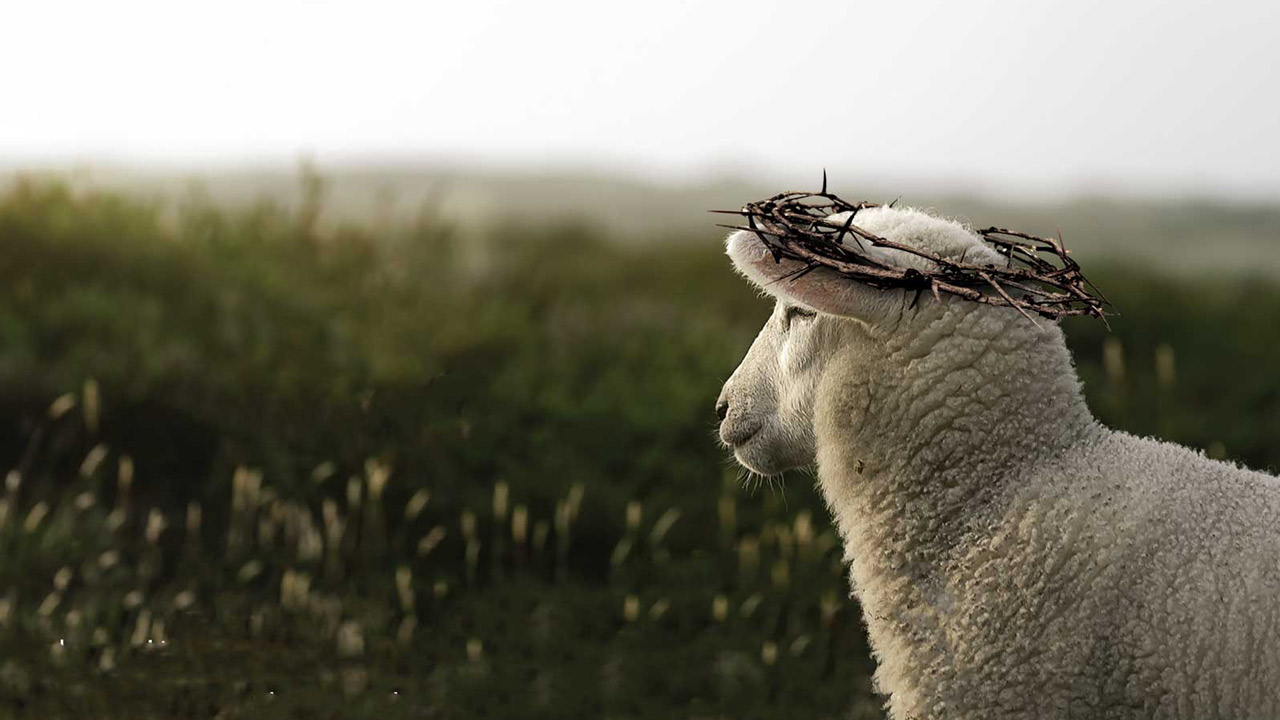The Meaning of Passover

“It is a night to be observed for the Lord for having brought them out from the land of Egypt; this night is for the Lord, to be observed by all the sons of Israel throughout their generations”
Exodus 12:42
Why Passover?
Passover is one of the most important holidays on the Jewish calendar. Not only does it serve as a reminder of God’s faithfulness, but it points to the Lamb of God, the Messiah, who served as the once-for-all sacrifice for sin. This is why God commanded the Jewish people to observe the Feast of Passover from generation to generation.
Year after year, Passover reminds the Jewish people of the Lord’s faithfulness to His promises. God promised Abraham that he would be the father of many nations and that his descendants would inherit the land of Israel as an eternal possession. But years later, the Jewish people found themselves enslaved in the land of Egypt. It would be understandable if they questioned God’s faithfulness, since the promise of a homeland seemed to have been broken.
But God proved faithful and raised up a deliverer, Moses, to lead His people into freedom. When Pharaoh refused to let the Jewish people go, God sent ten plagues—the tenth being the death of all firstborn sons. Although the plague would have impacted everyone, God provided the way for Israel to be saved. All those who put the blood of an unblemished lamb on the doorposts and lintels of their homes were “passed over” by the angel of death, and the lives of their firstborn sons were spared. The death of Pharaoh’s firstborn son drove him to release the Israelites, and God delivered them with a mighty, outstretched arm.
Passover and the Messiah
Passover is also significant because it points to an even greater event than that of the Exodus: the death of the ultimate Passover Lamb, Yeshua the Messiah, who redeems us from sin. Rabbi Sha’ul (the Apostle Paul) wrote to the believers in Corinth, “Messiah our Passover also has been sacrificed” (1 Corinthians 5:7). Yeshua laid his life down on Passover, fulfilling the requirements of the sacrificial system. He was the ultimate unblemished Lamb to which all the Passover lambs pointed.
The Passover lamb was unblemished—Yeshua was similarly untainted by sin. In the same way the high priest transferred a Jewish person’s sins onto an innocent lamb as a substitutionary sacrifice, our sins Yeshua took upon Himself—both cases of the innocent dying for the guilty. The prophet Isaiah wrote, “But He was pierced through for our transgressions, He was crushed for our iniquities; the chastening for our well-being fell upon Him, and by His scourging we are healed. All of us like sheep have gone astray, each of us has turned to his own way; but the Lord has caused the iniquity of us all to fall on Him” (Isaiah 53:5–6).
Just as the Jewish people were saved from the death of the firstborn by applying the Passover lamb’s blood to their homes, those who place Yeshua’s blood on the “doorposts” and “lintels” of their hearts will be saved from spiritual death. Passover thus reminds us of God’s faithfulness in not only delivering His chosen people from bondage in Egypt but also of His delivering us from our sins by sending the Lamb of God, Yeshua the Messiah.
Sign up to receive our email newsletters
Get the latest news from Israel, insights from Dr. Mitch Glaser, international ministry reports, as well as videos and podcasts, downloadable resources, discounts in our online store, and much more!